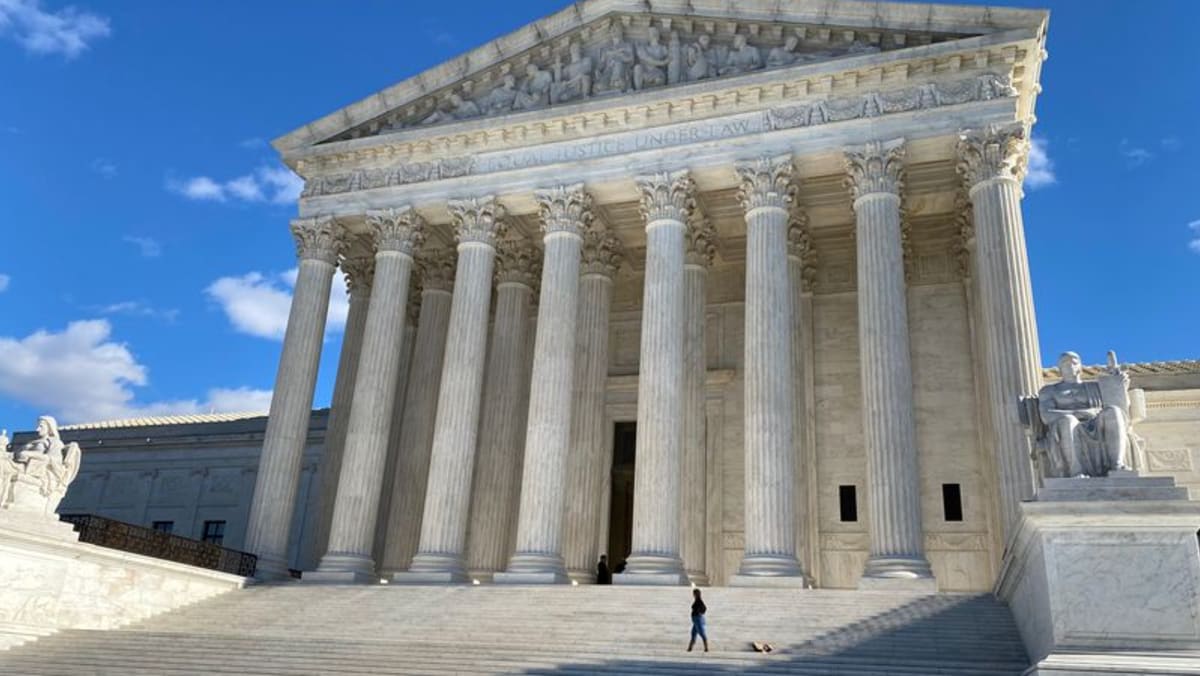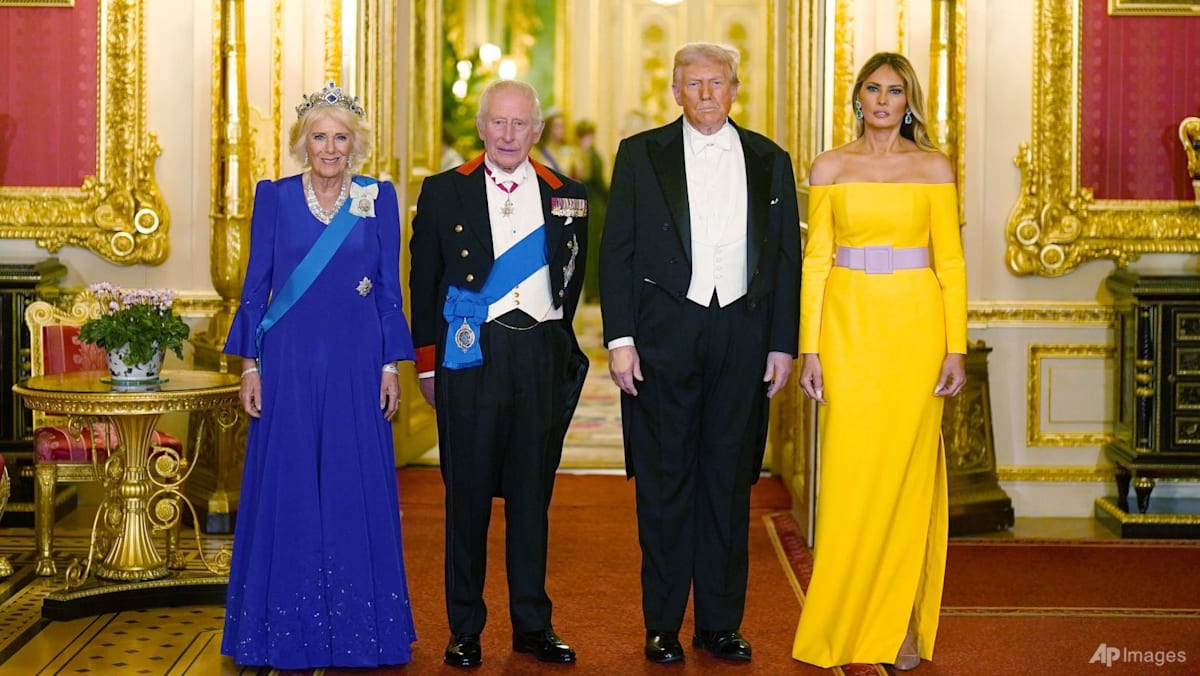WASHINGTON: The US Supreme Court dealt a blow on Friday (Jun 27) to the power of federal judges by restricting their ability to grant broad legal relief in cases as the justices acted in a legal fight over President Donald Trump’s bid to limit birthright citizenship, ordering lower courts that blocked the policy to reconsider the scope of their orders.
The justices, in a 6-3 ruling, granted a request by the Trump administration to narrow the scope of three nationwide injunctions issued by federal judges in Maryland, Massachusetts and Washington state that halted enforcement of his directive while litigation challenging the policy plays out. The ruling was written by conservative Justice Amy Coney Barrett.
The court ordered lower courts to reconsider the scope of their injunctions and specified that Trump’s order cannot take effect until 30 days after Friday’s ruling.
“No one disputes that the Executive has a duty to follow the law. But the Judiciary does not have unbridled authority to enforce this obligation – in fact, sometimes the law prohibits the Judiciary from doing so,” Barrett wrote.
On his first day back in office, Trump signed an executive order directing federal agencies to refuse to recognise the citizenship of children born in the United States who do not have at least one parent who is an American citizen or lawful permanent resident, also called a “green card” holder.
More than 150,000 newborns would be denied citizenship annually under Trump’s directive, according to the plaintiffs who challenged it, including the Democratic attorneys general of 22 states as well as immigrant rights advocates and pregnant immigrants.
The case before the Supreme Court was unusual in that the administration used it to argue that federal judges lack the authority to issue nationwide, or “universal”, injunctions, and asked the justices to rule that way and enforce the president’s directive even without weighing its legal merits.
Federal judges have taken steps, including issuing nationwide orders impeding Trump’s aggressive use of executive action to advance his agenda.
The plaintiffs argued that Trump’s directive ran afoul of the 14th Amendment, which was ratified in 1868 in the aftermath of the Civil War of 1861 to 1865 that ended slavery in the United States. The 14th Amendment’s citizenship clause states that all “persons born or naturalised in the United States, and subject to the jurisdiction thereof, are citizens of the United States and of the state wherein they reside”.
The administration contends that the 14th Amendment, long understood to confer citizenship to virtually anyone born in the United States, does not extend to immigrants who are in the country illegally or even to immigrants whose presence is lawful but temporary, such as university students or those on work visas.













